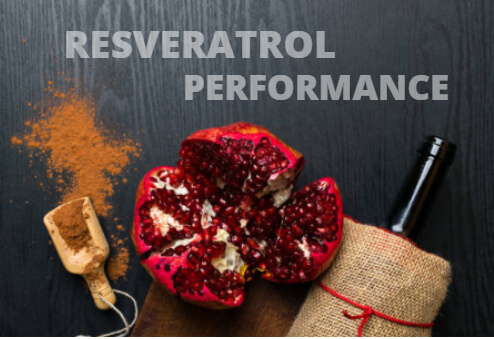Mad Cow Study With Resveratrol
In the 1990s, resveratrol was discovered to favorably modulate Cancer and Cardiovascular disease. Since then, an explosion of studies has been done on resveratrol’s ability to modulate these diseases and Diabetes, neurodegeneration, and systemic +Inflammageing and exert an anti-aging effect. Of interest this month are several papers that further address research in some of these areas and open the door to new areas of resveratrol research. [1]
Bovine Spongiform Encephalopathy, commonly known as mad cow disease, created quite a scare during the late 1980s and early 1990s. Mad cow disease is a fatal neurodegenerative disease in cattle that can be transmitted to humans and is caused by the misfolding of a protein called a prion. A group of scientists recently discovered that resveratrol was able to prevent the prion-induced neurotoxicity via SIRT1 activation but were not able to prove by what mechanisms within the cells conferred the protection. That has now been determined. The same group of researchers led by Dr. Park has now uncovered that resveratrol protection stems from the ability of this compound to promote what is called autophagy (Neuroscience Research, 2012, in press). Autophagy is a process within a cell that degrades old nonfunctional organelles and proteins and thus helps maintain cells healthy. Interestingly, it is by this method of increasing the function of autophagy within cells that it is believed that resveratrol imparts neuroprotection from other major diseases such as Alzheimer’s and Parkinson’s disease. Both of these neurodegenerative diseases are associated with malfunctioning structures, rotenone for Parkinson’s disease and amyloid beta for Alzheimer’s disease.
Studies that address how resveratrol helps the nervous system tend to focus on the actual neurons. However, other cells in the central nervous system (that is, your brain and spinal cord) also include other cells that can also affect our mental well-being. In a recent study, a group of investigators looked at a specific cell from the central nervous system called the microglia (Plos One, 2012, vol 7, issue 2, e321995). This cell is essentially the immune system cell of the brain and serves as the first line of defense against diseases. Interestingly, this article observes that resveratrol affected several key proteins involved with longevity and health, including PTEN, Akt, and mTOR. The effects of resveratrol were both dose and time-dependent. The interest in these proteins, in particular mTOR, is the fact that this protein has recently been found to delay the onset of age-related pathologies through a negative feedback mechanism, and for some organisms, this has led to an increase in lifespan. However, the authors in this paper focused on the fact that resveratrol has Anti-Inflammatory effects that help regulate over-activated microglia cells and thus prevent unnecessary damage to the brain. This may also be another indirect way of extending our lives.
References:
- https://www.als.net/forum/yaf_postst47680_als-may-involve-a-form-of-sudden-rapid-aging-of-the-immune-system.aspx








